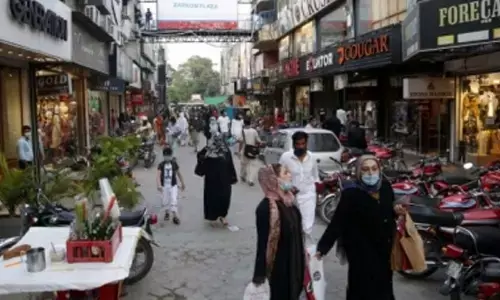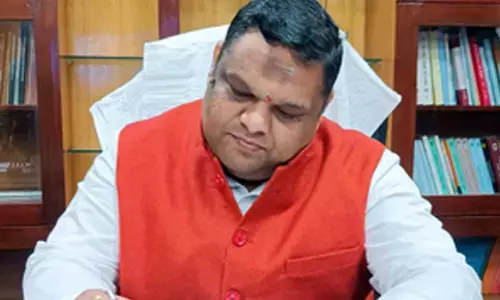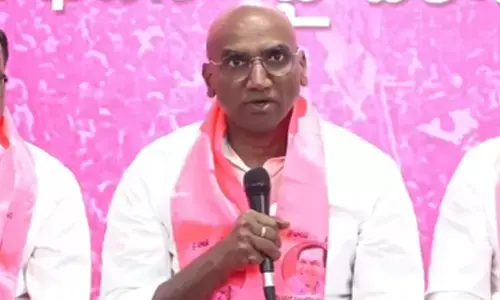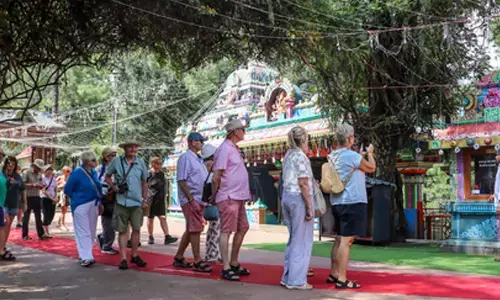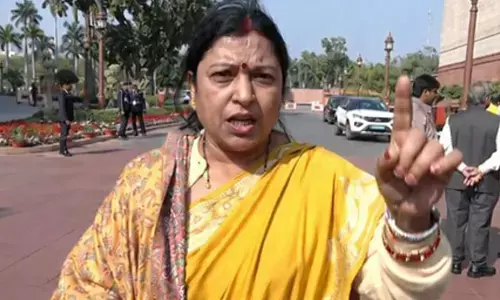Long way to go for democracy in Africa
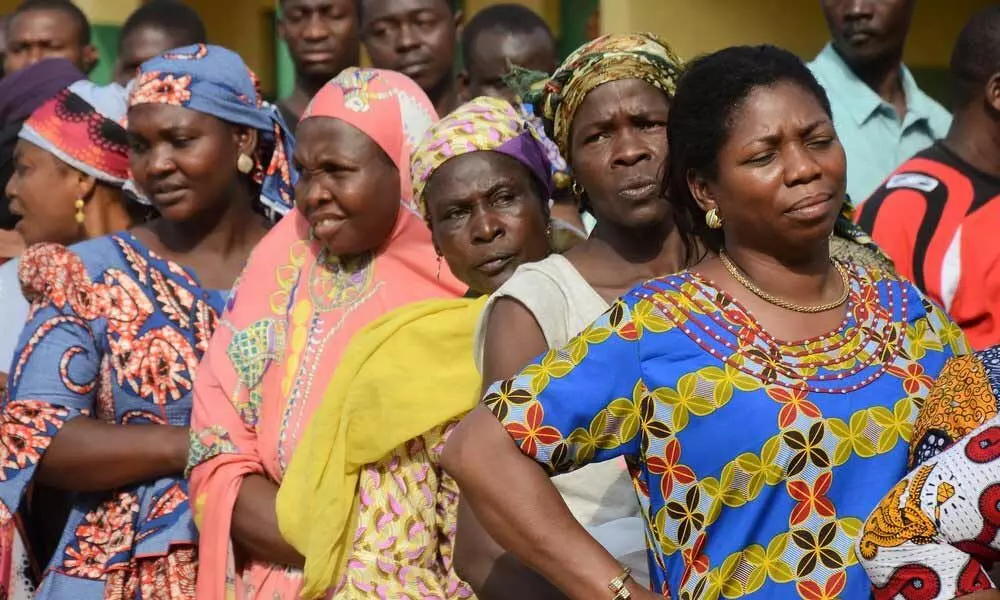
Long way to go for democracy in Africa
Even before the pandemic, an increasing number of African heads of state had moved to undermine term limits or rig elections to remain in power
Even before the pandemic, an increasing number of African heads of state had moved to undermine term limits or rig elections to remain in power. But Covid-19 has given them greater leverage, providing further pretext for postponing elections in Somalia and Ethiopia, muzzling opposition figures in Uganda and Tanzania, and imposing restrictions on media across the continent.
The enforcement of pandemic restrictions by security services has often been brutal, provoking demonstrations in Kenya and even in more advanced democracies such as South Africa. As governments across the continent become, with some exceptions, more authoritarian, Africans will be increasingly alienated from those claiming to represent them. Political instability can manifest itself in severe episodes of violence, as is already being seen in Ethiopia, Mozambique, and Nigeria.
Such turmoil will grow as elites compete for power and citizens resist oppressive regimes, and will, in turn, inhibit social and economic development, to the disadvantage of the continent's rapidly growing population. Taken together, these forces also drive internal displacement and outward migration—both to other African countries and to Europe. Addressing these issues will require grappling with long-standing grievances left untreated. When the "third wave" of democratisation swept across much of Africa in the wake of the Cold War, hopes were high that Africans would begin to enjoy the freedoms afforded to citizens living in the former colonial powers.
Initial progress was remarkable: In 1989, two-thirds of African states were "not free," as measured by Freedom House. By 2009, two-thirds were considered "free" or "partly free." However, foreign as well as domestic expectations for liberal democracy in Africa have often been unrealistic, and Africa's setbacks are not surprising. For much of the continent, the foundations of a political culture necessary to sustain liberal democracy have been weak for most of the postcolonial era (roughly six decades for most African states). The persistence of religious and ethnic rivalries has been underestimated by African democrats and their friends abroad.
Also significant has been the role of the police and the army, often vestiges of colonialism, which have been a cause and consequence of power systems favoring a coterie of elites. Authoritarian and semi-authoritarian rulers, mindful of foreign opinion, have dressed their regimes with the forms of democracy, such as regular (if rigged) elections and de jure (not de facto) separation of powers. Presidential term limits, where in place, have been frequently circumvented through so-called constitutional coups.
Heads of state have deftly manipulated social cleavages and played up fears of malevolent foreign interference to deflect popular pressure away from their illiberal rule. Where democracy stands in Africa today has myriad influences, including the legacy of colonialism and the emergence of the digital age. In its 2021 report, Freedom House rated only eight countries in sub-Saharan Africa as free.
Of these eight, half are small island states: Cape Verde, Mauritius, Sao Tome and Principe, and Seychelles. Others, such as Botswana, enjoy high levels of economic and social development. Democracy, for that matter, needs a long time to mature fully, be it in Africa, the US or even in India. Still, that is the only option we have for rendering justice to all.










